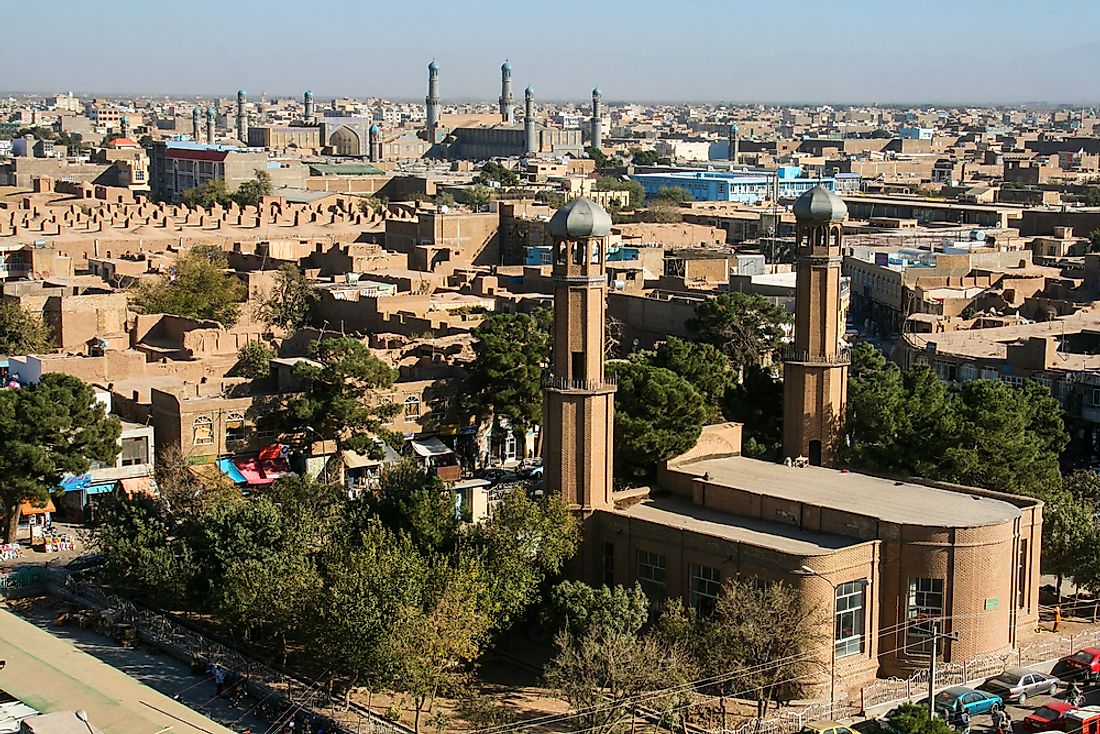What Was the Great Game?

The Great Game refers to disputes between Britain and Russia, over certain territories in Afghanistan, Southern, and Central Asia. Britain was afraid that Russia might add India to the large empire it was establishing in Asia. In the same breath, Russia was afraid of Britain's military and commercial incursion into central Asia. As a result, the two empires constantly exchanged war threats due to an atmosphere of distrust. Historians believe that the Great Game came to an end on September 10th, 1895 when the Pamir Boundary Commission protocols were signed.
Overview of the Great Game
The Great Game commenced on January 12th, 1830 when Lord Ellenborough assigned Lord William Bentinck the task of establishing a new trade route to the emirate of Bukhara. The intention of Britain was to have dominance over the emirate of Afghanistan and turn it into a British protectorate while using the Khanate of Khiva, Persia, the emirate of Bukhara and Turkey as intermediary nations between the two empires. The action was to protect Britain's major sea trade routes and India by cutting out Russia from acquiring a port on the Indian Ocean and the Gulf of Persia. Afghanistan was chosen by Russia as the neutral zone. In the end, a series of unsuccessful wars erupted due to Britain’s desire to control Afghanistan, Bukhara, and Turkey. The British were defeated in all four wars which included the First Anglo-Afghan War in 1838, the First Anglo-Sikh War in 1843, the Second Anglo-Sikh War in 1848, and the Second Anglo-Afghan War in 1878 which resulted in Russia ceasing control over several Khanates including Bukhara. Despite the losses, Britain established control in Tibet for at least two years post the Younghusband expedition that took place between 1903 and 1904 before being displaced by King Qin China.
Etymology
The term 'the Great Game' traces its history back prior the 19th century mainly referring to risk games such as dice and cards. Le Grand jeu which is the French equivalent of the term, traces back to 1585 and is affiliated with risk, deception, and chance. Sir William Hay Macnaghten who was the leading British agent in Afghanistan wrote a letter in the summer of 1840, arguing the British's accession of Herat in the Western region of Afghanistan. In the letter, he wrote ‘We have a beautiful game on our hands.’ Captain Author Connolly who was a newly appointed officer is also accredited for the term especially in his July 1840, correspondence to Major Henry Rawlinson, Connolly where he stated ‘You have a great game, a noble game before you.’ However, the Great Game in regards to the Anglo-Russian conflict in Central Asia came to be more popular after World War II.
The End of the Great Game
The Great Game officially came to a halt following the Anglo-Russian Convention. The Convention split Persia into a nominally independent central zone, a British-controlled southern zone, and a Russian-administered northern zone. A borderline was put in place between the two empires upon the specifications of the Convention. The border stretched from Afghanistan to the Eastern point of Persia declaring Afghanistan an official British protectorate. The relationship between the Russian and British Empires still continued to be strained until the two empires had to join forces to fight against the Central Powers during the First World War. At present, hostility still exists towards the two powerful nations especially in the wake of Britain's exit from the EU in 2017.







